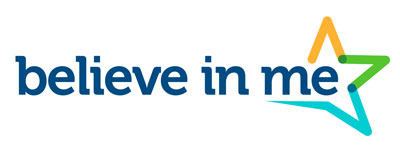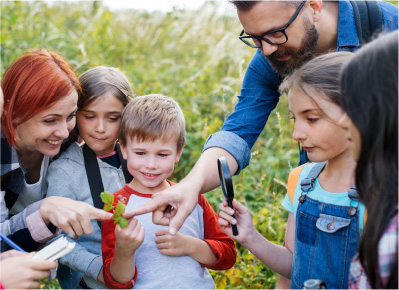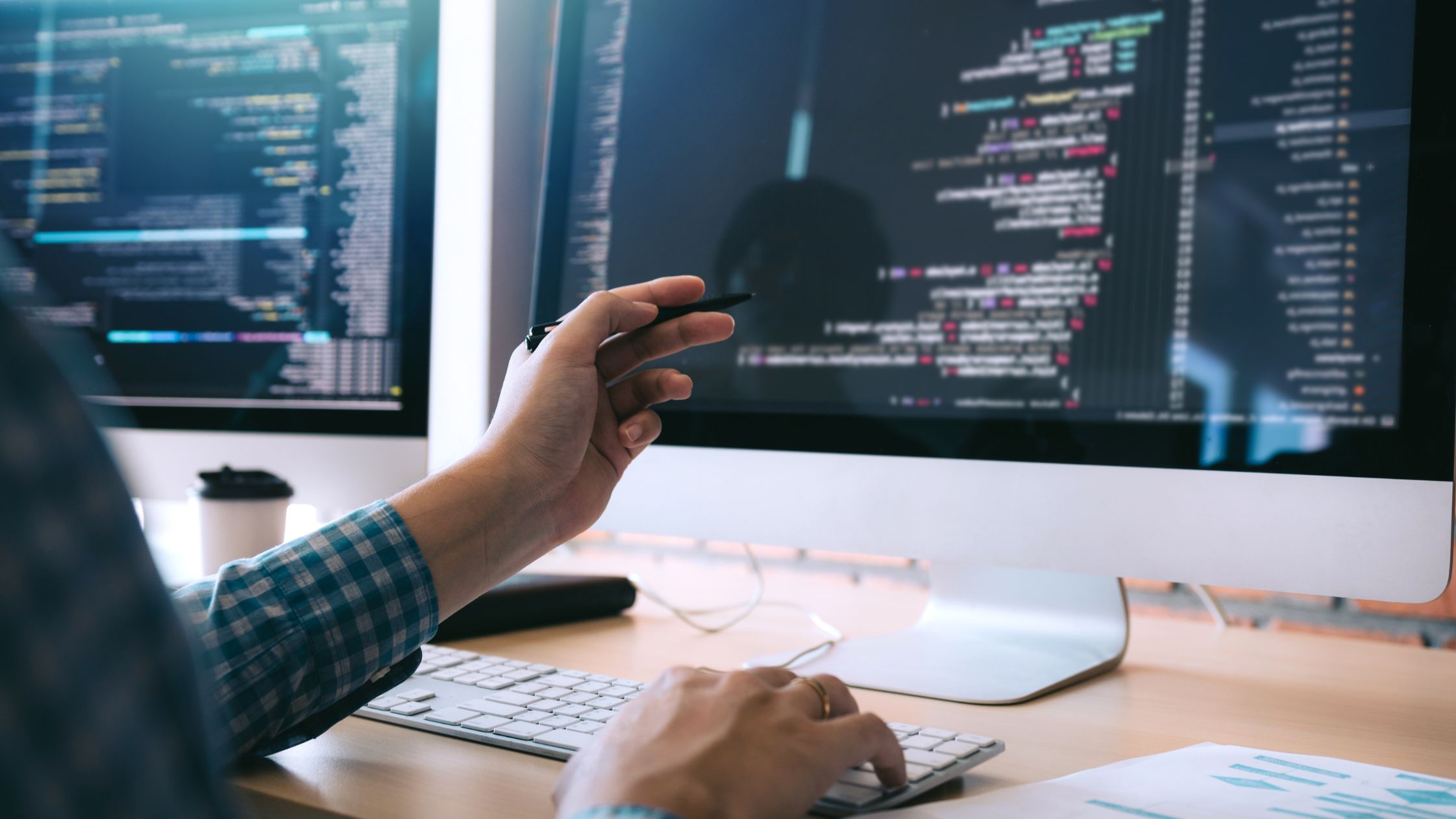Using Music to Empower Marginalized Youth: Transforming Lives Through Arts Education
Publish Date: May 30, 2025 0:00
Music is not just an art form; it’s a powerful vehicle for transformation—especially for marginalized youth. In an era where traditional systems often fail these communities, programs like those championed by Believe in Me are stepping in to bridge the gap. Through innovative music education initiatives and immersive arts programs, young people learn not only how to play an instrument, but also how to harness creativity, develop confidence, and overcome adversity.
People often ask, “What is music education for youth?” and “How does music empower marginalized communities?” By exploring the benefits of music and its capacity to build community, we uncover inspiring case studies and actionable steps that prove the transformative power of the arts. Today’s post will answer these questions and more—while highlighting some of Believe in Me’s most impactful programs.
Whether you are a music educator, community leader, or a donor looking for innovative ways to create social change, this in-depth review illustrates why music education is more than just a lesson in melody—it’s a lifeline for countless young people.
Overview: Empowering Youth Through Music Education
The benefits of music extend far beyond simple entertainment. Music education for youth is known to foster creativity, critical thinking, and emotional expression, while simultaneously nurturing self-esteem and enhancing academic performance. When marginalized youth encounter these opportunities, the impact resonates across their entire community.
Recent research and practical experiences have shown that exposure to music and the arts can significantly reduce stress, promote mental health, and build resilience. Programs like those offered by Believe in Me integrate music education with mentorship and community building initiatives, creating an environment where vulnerable young people can flourish. As seen on Believe in Me’s website, initiatives have empowered youth to transform their life challenges into artistic expression and personal growth.
Naturally, questions like “How does music empower youth?” and “What are the benefits of music?” often surface in online searches. The answers lie in both scientific research and lived experiences, with comprehensive benefits that range from cognitive improvements to enhanced social and emotional skills.
Frequently Asked Questions
- What is music education for youth?
Music education for youth involves teaching instruments, vocal techniques, and music theory to young people, aiming to build creative confidence and academic excellence. - How does music empower marginalized communities?
Music channels emotional expression, facilitates community engagement, and provides marginalized youth with a constructive outlet that transforms adversity into creative energy. - What are the benefits of music?
The benefits range from improved cognitive skills and academic performance to elevated mood, self-esteem, and the fostering of teamwork and discipline. - How can communities support music education programs?
Support can come in the form of donations, volunteering, partnerships with local schools and community centers, and active participation in community events. - Are there examples of successful music programs for marginalized youth?
Yes, several case studies demonstrate how structured, community-driven music initiatives have transformed the lives of youth, creating lasting social and emotional benefits.
Case Studies of Successful Youth Programs
Real-life examples speak volumes. In 2024 and early 2025, Believe in Me launched a series of music programs tailored specifically for marginalized communities. Here are two standout case studies that illustrate the transformative power of the arts.
Case Study 1: The Harmony Workshop Series
The Harmony Workshop Series was designed to introduce high-school-aged youth from underprivileged neighborhoods to the wonders of music. Hosted in community centers that Believe in Me collaborates with, these workshops provided hands-on training in instrumental performance and vocal expression. Participants received not only technical music education but also guidance on how to channel their personal struggles into creative expression.
One student, Marcus, a first-generation high schooler, credits the program for giving him direction during turbulent times. “Music became my sanctuary,” Marcus shares. “I learned that every note I play is a step towards a brighter future.” Marcus’s story is just one example of how Believe in Me’s initiatives are sparking creativity and boosting self-confidence—demonstrating tangible impacts on community well-being.
Case Study 2: Instrumental Empowerment Program
Another successful initiative is the Instrumental Empowerment Program, which pairs aspiring musicians with professional mentors. In this program, youth are provided access to instruments, expert guidance, and performance opportunities. One remarkable participant, Alicia, transformed her life through these sessions. Once struggling with self-doubt and isolation, Alicia found her voice (both literally and figuratively) through music. With the help of a dedicated mentor, she organized small community concerts that not only built her confidence but also brought neighbors together.
These programs mirror questions raised by local community leaders and educators regarding the benefits of music. By allowing marginalized youth the opportunity to learn, perform, and connect with professional artists, the initiative underscores the broader social impact of music education.
The Role of Music Education in the Community
Music has long been recognized as a universal language that can unify communities and build bridges across diverse populations. In communities where marginalized youth often feel disconnected from mainstream opportunities, music programs provided by Believe in Me and similar organizations offer not just technical skills but also a sense of belonging.
Research from the National Association for Music Education (NAFME) and the National Endowment for the Arts (NEA) supports the idea that music education leads to improved academic performance and greater emotional regulation. By fostering these abilities, music education acts as a catalyst for community resilience and social unity.
Beyond individual empowerment, these programs encourage collective participation. Community events, such as performance nights and local concerts, foster neighborhood pride and facilitate bonding among participants and their families. Such gatherings often serve as a testimony to the transformative power of music and the spirit of Togetherness that Believe in Me has long championed.
Actionable Steps: How You Can Get Involved
The success stories and research are clear: music education is a key driver in empowering marginalized youth. But for programs like these to continue thriving, community support is essential. Here are a few ways you can help:
- Donate to Music Workshops: Contribute to Believe in Me’s initiatives by making a donation. Your support funds music workshops and provides instruments and materials vital for the program’s success.
- Volunteer Your Talents: If you’re a music educator, musician, or simply someone passionate about the arts, consider volunteering your time to mentor youth or support events.
- Spread the Word: Use your social networks to share stories, photos, and success stories from the programs. Help create buzz and draw more attention to the benefits of music education.
- Partner with Local Organizations: Educational institutions and community centers can collaborate with Believe in Me to expand the reach of music programs, ensuring that more marginalized youth benefit from these opportunities.
Every donation, volunteer hour, and social media share helps to pave the way for a more inclusive future where the transformative power of music is accessible to all.
Conclusion: Strike a Chord for Change
Music is much more than a sequence of sounds; it’s a transformative tool that can uplift, inspire, and empower marginalized youth. Through research-backed benefits and innovative programs, music education is proving to be a potent catalyst for change.
Initiatives like the Harmony Workshop Series and Instrumental Empowerment Program by Believe in Me have shown that with the right support, young people can overcome adversity and build lives filled with passion, creativity, and resilience. With every note played and every performance given, a marginalized voice is amplified, enriching our communities.
As we look toward the future, your support is vital. We invite music educators, community leaders, and donors to join us in this movement. By funding music workshops and supporting our initiatives, you can help amplify the benefits of music education for youth. Your donation could be the spark that transforms a young life.
Citation: National Association for Music Education. Accessed May 2025. https://www.nafme.org/; National Endowment for the Arts. Accessed May 2025. https://arts.gov/.
Get to know more about Believe in Me and Help a Kid Today
References
National Association for Music Education. Accessed May 2025. https://www.nafme.org/; National Endowment for the Arts. Accessed May 2025. https://arts.gov/.






